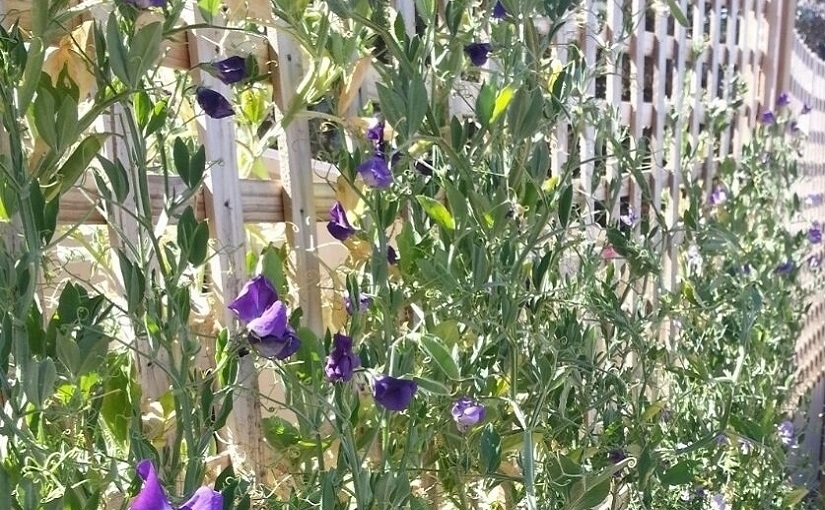I began talking about this topic in The challenge of community, and here I want to return to the idea of how community has changed over recent times.
Some of these ideas arose in considering Jane Austen’s “Pride and Prejudice” – how society was more closely knit and qualities of character had consequences for yourself and those around you, how behaviour and personality were noticed and affected your life. Also how economic activity and your place in nature were clearer, as trade was more locally evident and transport more closely related to environment.
Then how our immediate realities seem to be becoming increasingly irrelevant as we travel further and use methods more removed from reality; consume culture online or in isolation; and so much of life has become quite virtual and interlaced with the use of technology. The relationships between self and environment seem less apparent, more avoidable, as we can tune out from so much or manage it remotely.
Focusing on social aspects, it seems we sometimes prioritise communication and validation from virtual connections over those in proximity to us. Possibly disregarding uncomfortable realities and going where someone will approve and empower us. We seem to drift towards those who agree, where before we ‘had’ to work through our relationships with those who were there. I imagine that made for very different social realities.
Where is the learning now, where is the shared meaning and construction of reality? Or are we all wandering around isolated and unchallenged, not pushing through with difficulties in understanding or relating? Choosing our own perspective.
Looking back at the recent festive season, it seemed there was a lot of ‘living in the hype’ of cultural traditions (heart-warming movies and songs, idealised images of society and family life etc.) but then almost a hatred and intolerance of the realities of sharing time and space with others. As if we want the illusion, the mask of that community without quite being able to create it.
Touching back on Jane Austen, that sense of personal qualities and character mattering – how people managed relationships and carried themselves within their communities. Now it seems we can avoid many of those challenges and disregard the social reflections of our environment, creating our own little worlds.
It seems community reflects reality in a way: social identity used to be shaped by the relationships of community; meanings and truths about human activity and our place in nature were evident in how we lived. Now, maybe community reflects our disengagement and distraction from those realities – what would it take for us to focus our energies on developing community once again?
It’s interesting to me how something that was once so tangible and influential has become something quite different. How the place of the individual in environment and social context has changed so much, and how we can find new ways of working with these realities.


